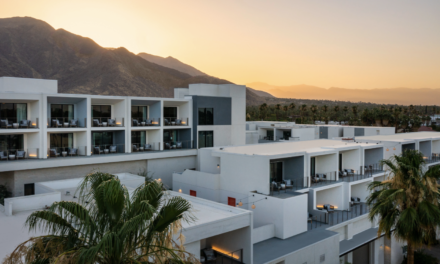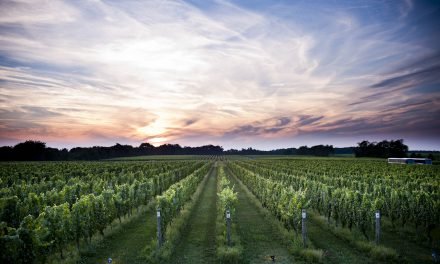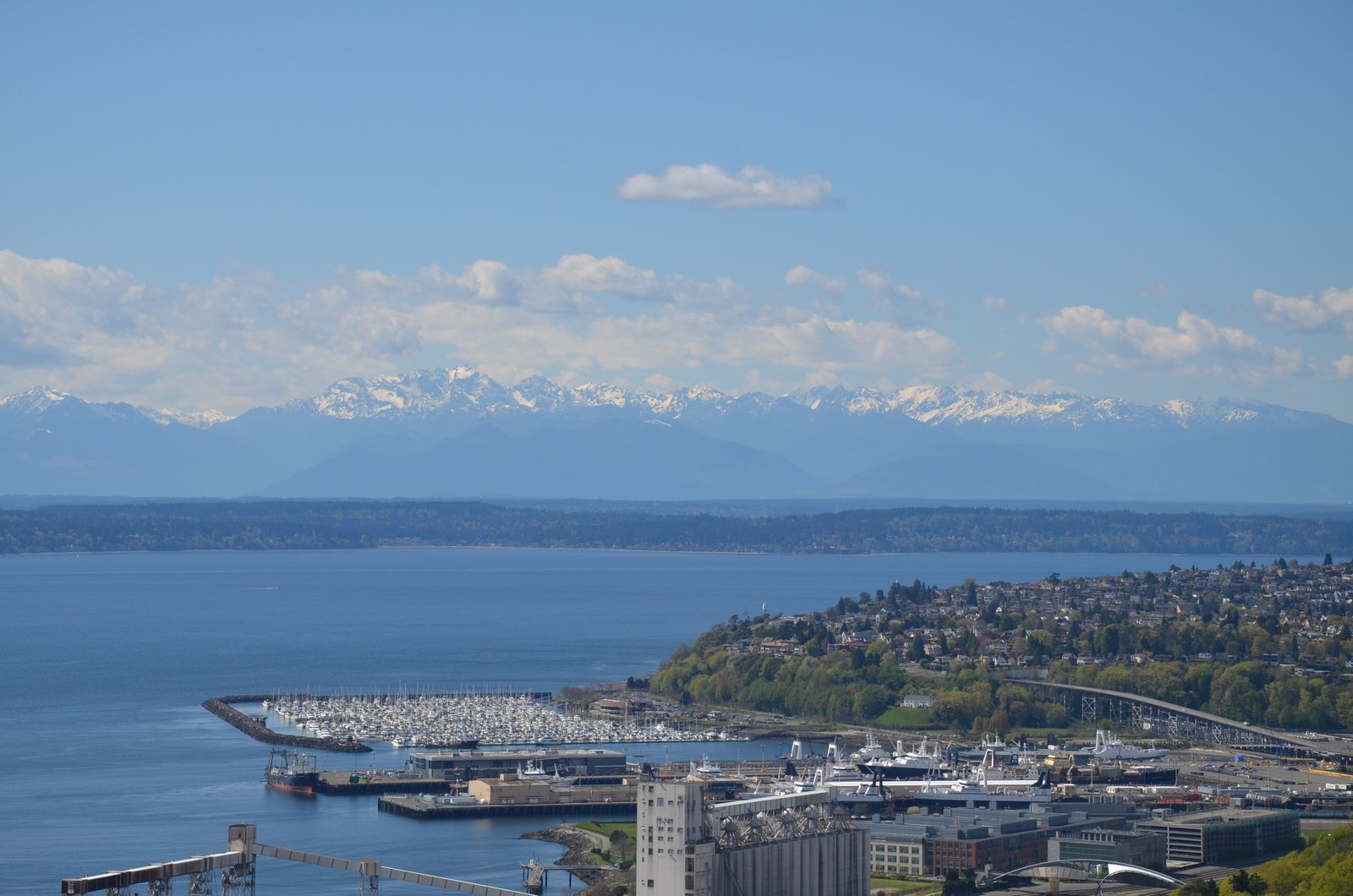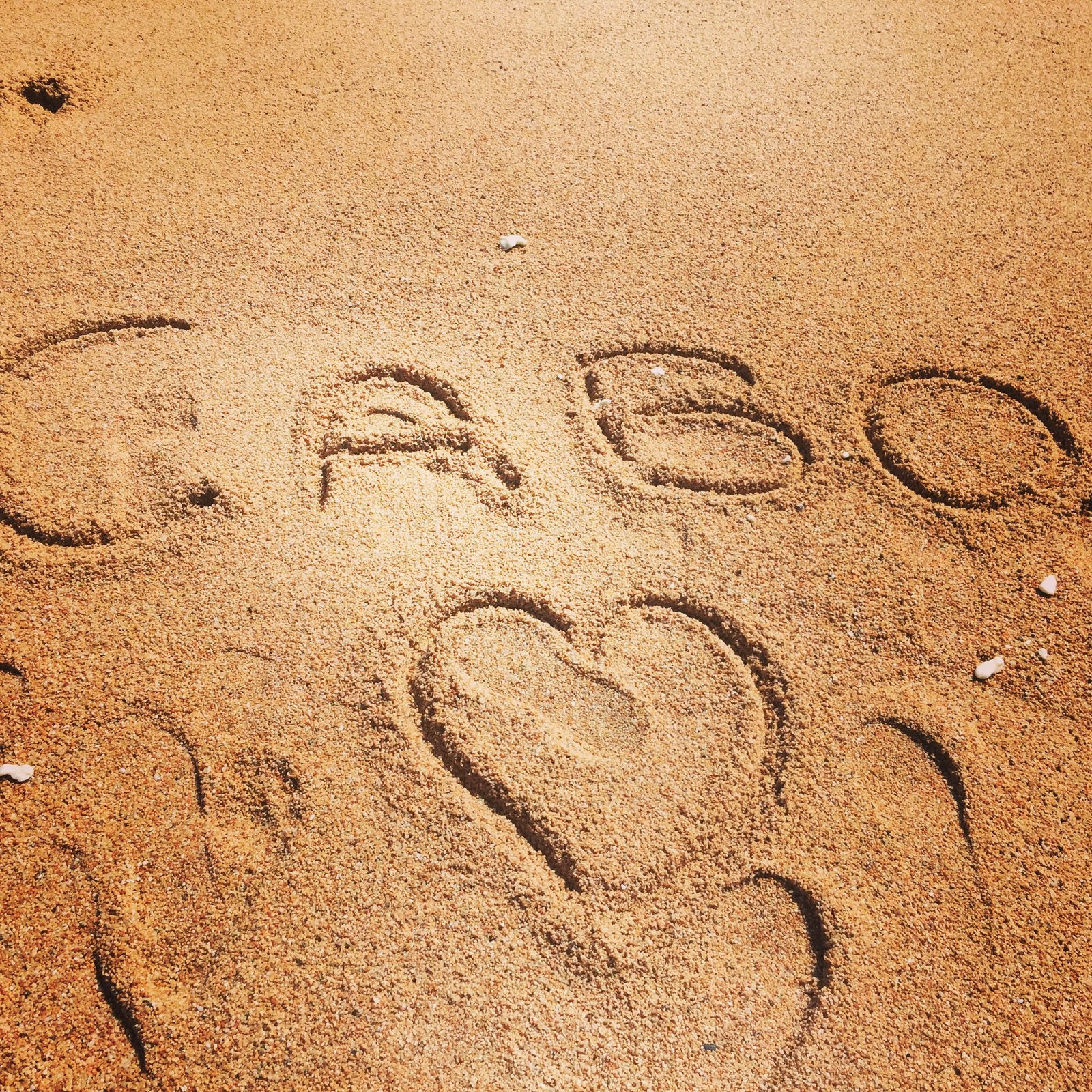
Village meets Tourism: The Revitalising Effect of Sustainable Hotels on Rural Areas
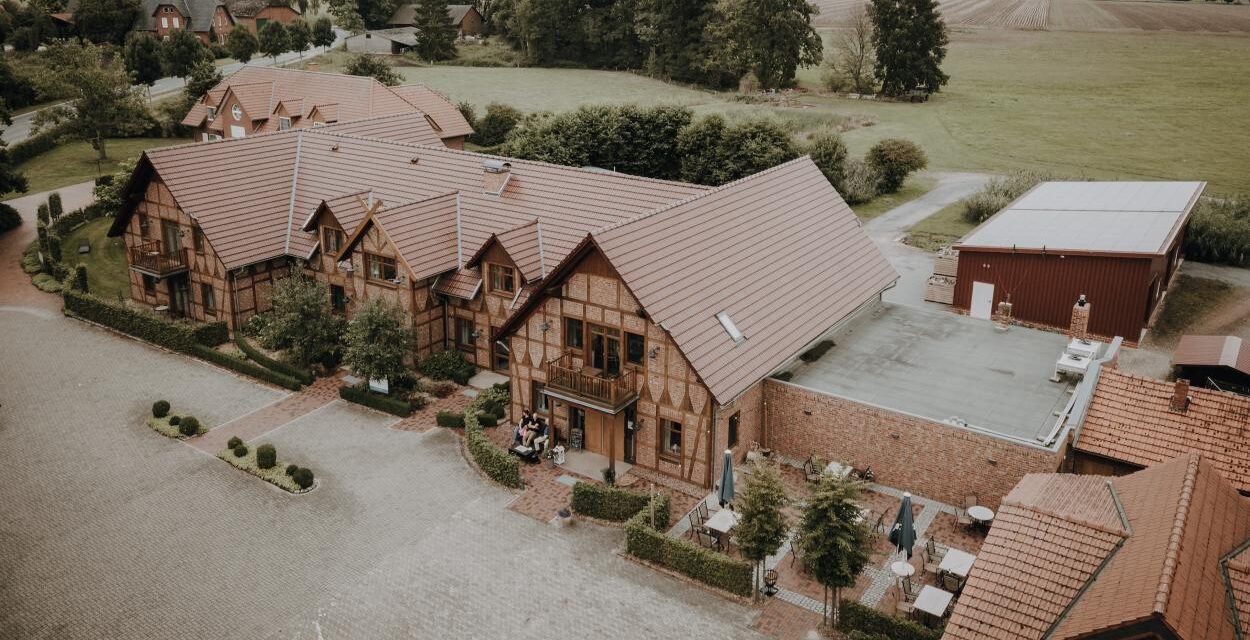
Hotels and tourism play a vital role in revitalizing and sustaining rural communities. As many villages struggle with out-migration and economic challenges, sustainable accommodation and other tourism services are proving to be a lifeline for local infrastructure and quality of life. A study by the German Federal Ministry of Economics shows that tourism in rural areas is an important economic factor and, above all, helps to stabilize regional development.
Environmental, Social, Economic – True Sustainability Requires all Three
Green Pearls® specializes in supporting sustainable accommodations and destinations that not only take responsibility for the environment but also protect cultural heritage and strengthen the community. These hotels and vacation rentals directly create jobs and indirectly stimulate local economies. They source products from local producers, work with local artisans, and make the region attractive to visitors. This leads to a revitalization of rural communities and improved infrastructure that also benefits locals. Well-maintained hiking and biking trails, well-maintained town centers, and a wide variety of dining options would be unthinkable in many villages without sustainable tourism.

Different Concepts, one Goal: Sustainable Development and a Relaxing Vacation
Interaction between the village community and the tourism industry can take many forms. For instance, the Alberghi Diffusi concept in Italy, where several vacant buildings in the village are used as decentralized hotel rooms, has proven to be a successful model for revitalizing historic town centers. It prevents the deterioration of old buildings and brings new life to the village community. Let us now look at the following examples of how villages and tourism can live in harmony.
Historic Revival in Borgomaro, Italy
Borgomaro is an impressive example of how historic buildings can be used for tourism and how the town can benefit from it. The Albergo Diffuso Relais del Maro has contributed significantly to the revitalization of this small village. Three historic 17th-century houses were faithfully restored by the owning family and converted into 14 vacation apartments and a breakfast room. By using the vacant buildings as decentralized hotel rooms, they have not only preserved the valuable building structures but also brought new life to the village center. Here, guests can experience authentic Italian village life, enjoy local products, and explore the picturesque surroundings. The integration of the hotel into the village also encourages direct interaction between locals and visitors.
Sustainable Tourism in the Heart of the Black Forest
The SCHWARZWALD PANORAMA also demonstrates how sustainable tourism can revitalize an entire region. The hotel is actively involved in improving the local infrastructure for the benefit of both guests and locals. Well-maintained hiking and biking trails, cultural offerings, and a diverse culinary scene add to the region’s appeal. Guests can enjoy regional specialties and recharge their batteries in nature. The hotel acts as an ambassador for sustainable tourism, inspiring other businesses in the region to follow suit.

Experience Nature and Village Life in the Rhön Region
In the Rhön, the “land of open spaces”, the STURM makes a significant contribution to the sustainable development of rural structures. It actively supports small villages, farms, and local producers by purchasing their products, but also by visiting and purchasing recommendations that the hotel staff passes on to guests. Guests can start hiking and biking tours directly from the STURM, visit the local villages, and experience the unspoiled nature of the Rhön. Respecting the environment and encouraging dialog between locals and guests makes the region more cosmopolitan and attractive.
Quality tourism is a top priority at Naturhotel Outside. The hiking and wellness hotel makes a significant contribution to the sustainable development of the region. Not only does it create jobs, but it also supports local producers and craftsmen and actively recommends the region’s restaurants and mountain inns to its guests. Visitors experience the mountains of East Tyrol more intensely, enjoy regional specialties, and gain authentic insights into Tyrolean culture. The hotel also gives its guests a deep understanding of the importance of sustainability and inspires them to integrate these values into their everyday lives.
Quality of Life and Experiencing Nature in Allgäu
In Balderschwang, the HUBERTUS Mountain Refugio has not only contributed to the attractiveness of the region for tourists. More than 70% of the employees live within two kilometers of the hotel. The presence of the hotel supports the local economy and contributes to the vitality of the village. The town lives mainly from tourism. Accordingly, it is of existential importance to the community of Balderschwang. The family-run HUBERTUS offers guests the opportunity to experience the Allgäu nature, whether hiking, mountaineering, or winter sports. The large wellness area and yoga classes complete the natural experience.
Tradition and Sustainability in Warpe, Lower Saxony
The Eco Hotel Okelmann’s in Warpe is a prime example of combining tradition with sustainability. The former country inn has been in the family since 1879 and is now in its fifth generation. With 16 individually decorated rooms, a yoga room, and a sauna in a converted shepherd’s wagon, it offers guests a unique rural experience. The adjacent Heimatliebe Café and small concept store also contribute to the village’s vitality. The operators actively encourage exploration of the surrounding area through bike tours and geocaching, benefiting both guests and locals.
Cultural Experiences in the Spreewald
Sustainable accommodations like the Strandhaus Boutique Resort & Spa in Lübben play an important role in tourism in the Spreewald. Also known as the Green Venice, the Spreewald is located approximately 100 kilometers south of Berlin. Since 1991, it has been recognized by UNESCO as a biosphere reserve. Although Lübben, with a population of about 14,000, is not a village, the hotel contributes to the revitalization of the entire Spreewald region. The lakeside café, which opened in 1930, was expanded in 2012 to include a hotel with 20 rooms and suites. With a spa, regional cuisine, and canoe and punt tours that start right outside the door, the resort combines tradition with modern comfort. It helps preserve the region’s cultural heritage while promoting sustainable tourism.
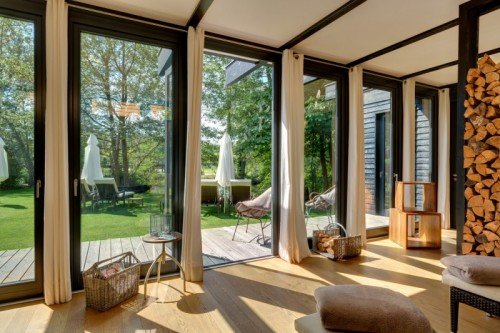
Strandhaus Boutique Resort & Spa Spreewald Welllness Cube
Sustainable Tourism as an Engine for Development
Located in the rural region of Kampong Chhnang, approximately 65 kilometers north of Phnom Penh, the FARMHOUSE Resort sets a standard for sustainable tourism. As part of the Smiling Gecko Cluster Project, the hotel improves the living conditions of the rural community, provides training and employment, and creates and supports educational programs. Guests are given an authentic insight into rural life in Cambodia and actively contribute to the sustainable development of the region. From the on-site cheese dairy and other agricultural enterprises to traditional handicrafts, the Farmhouse offers a wide range of impressions and experiences that preserve cultural heritage. Particularly noteworthy is its commitment to children and young people, who are offered long-term prospects through schools and training programs. The FARMHOUSE demonstrates how sustainable tourism can bring real positive change to rural communities.
Sustainable Commitment makes Waves
The examples featured, from the Relais del Maro in Liguria to the Strandhaus Boutique Resort in the Spreewald, Germany, demonstrate the variety of approaches to sustainable hospitality. Whether through the revitalization of historic buildings, the promotion of local products and infrastructure, or by creating jobs, each of these hotels contributes to the (re)vitalization and sustainable development of its region in its own way. Overall, sustainable hotels act as a bridge between urban and rural lifestyles. They make an important contribution to balanced regional development and create valuable recreational areas that preserve cultural heritage while implementing forward-looking, sustainable concepts – thus also ensuring that rural areas and villages become and remain attractive places to live.






